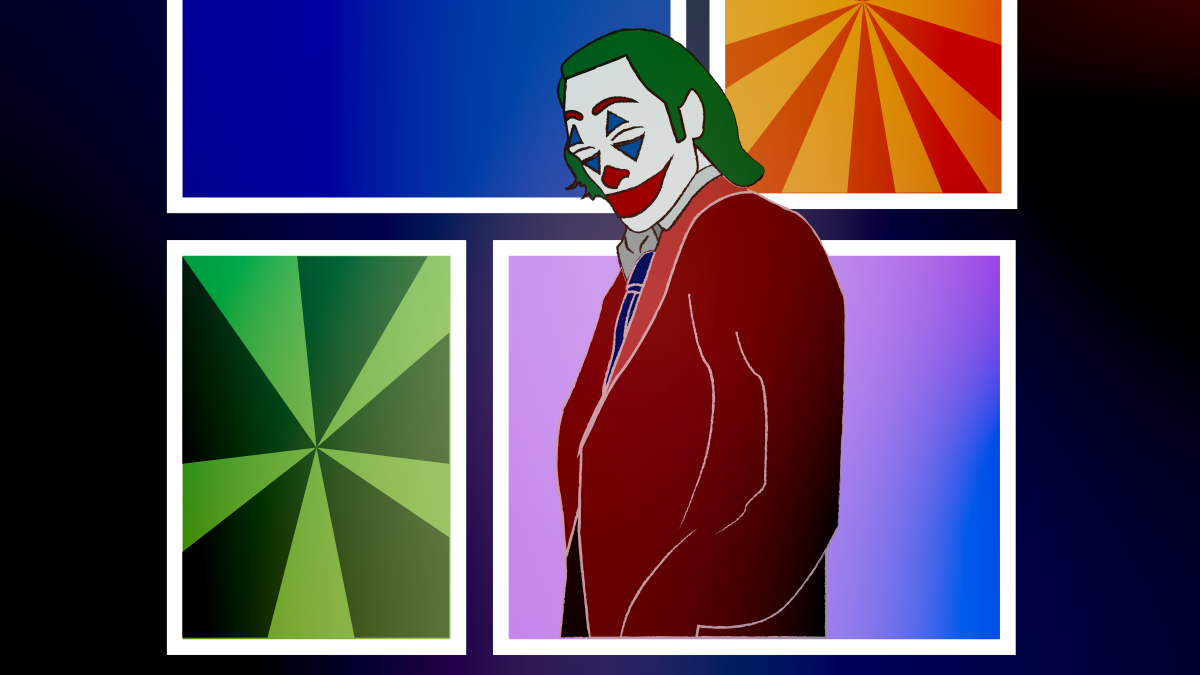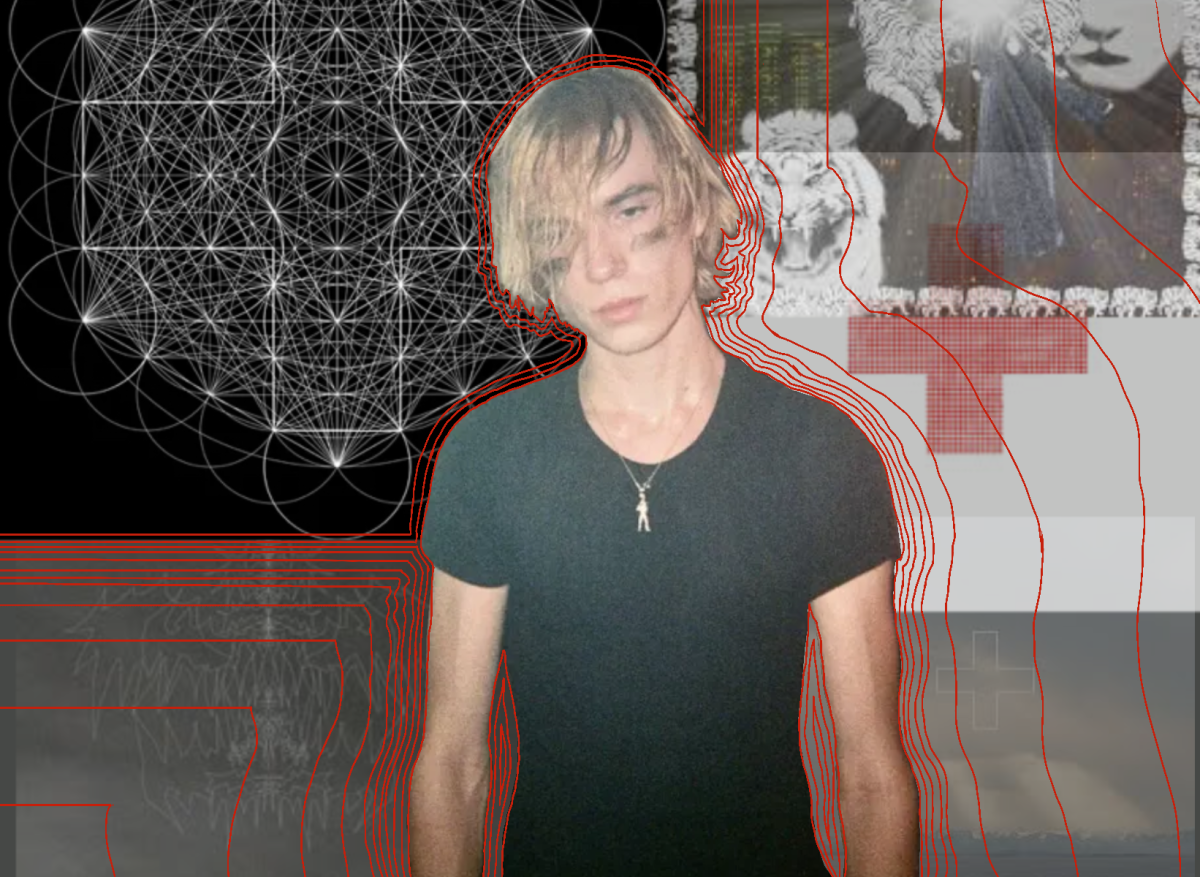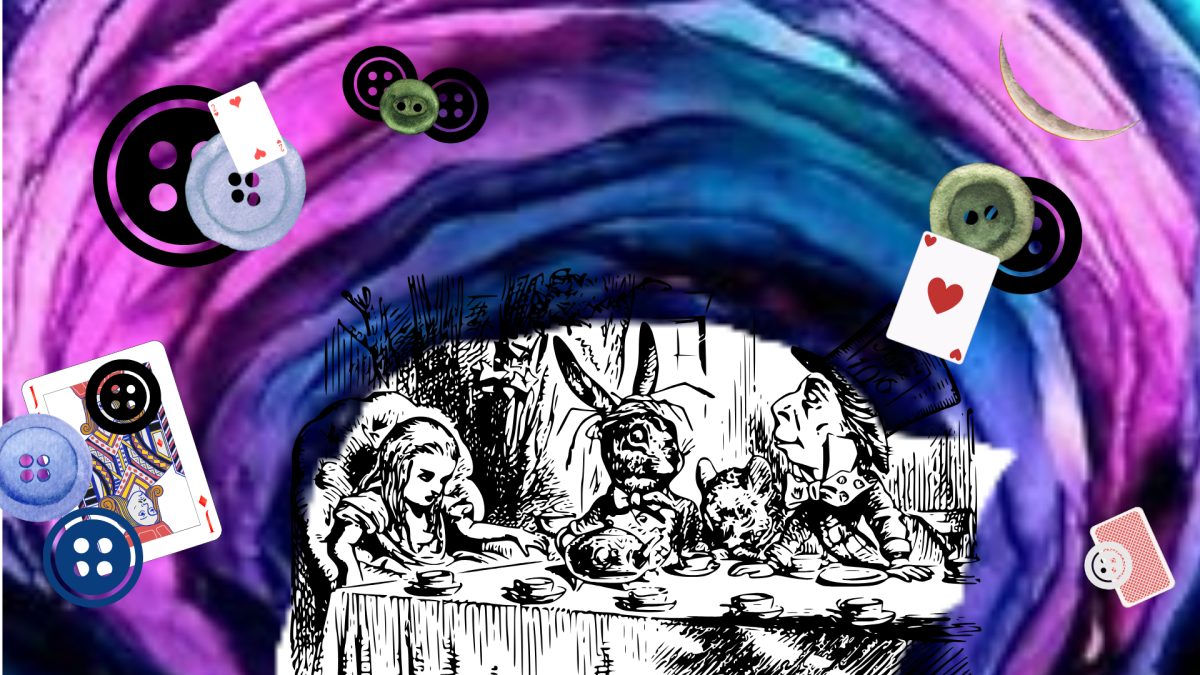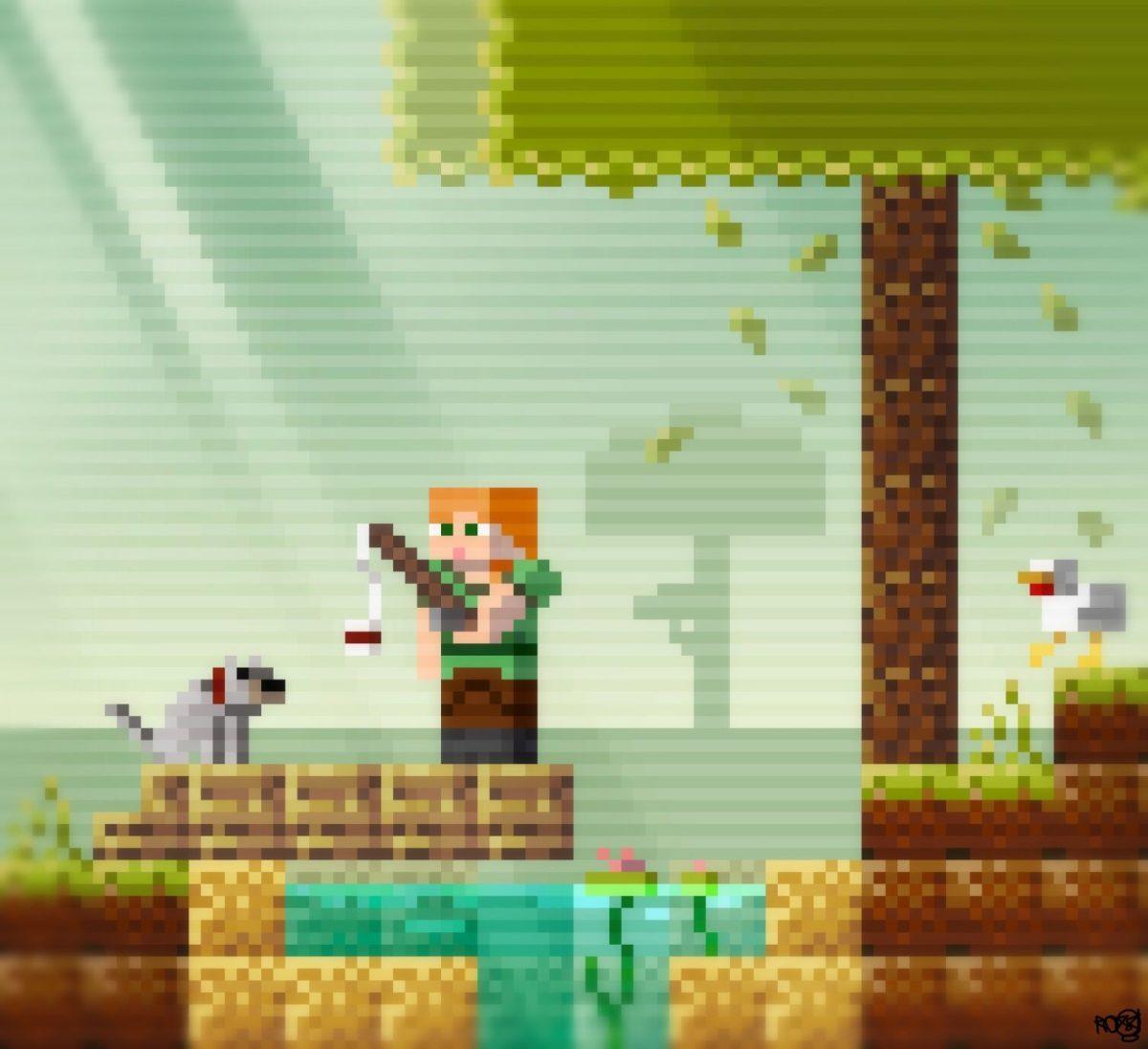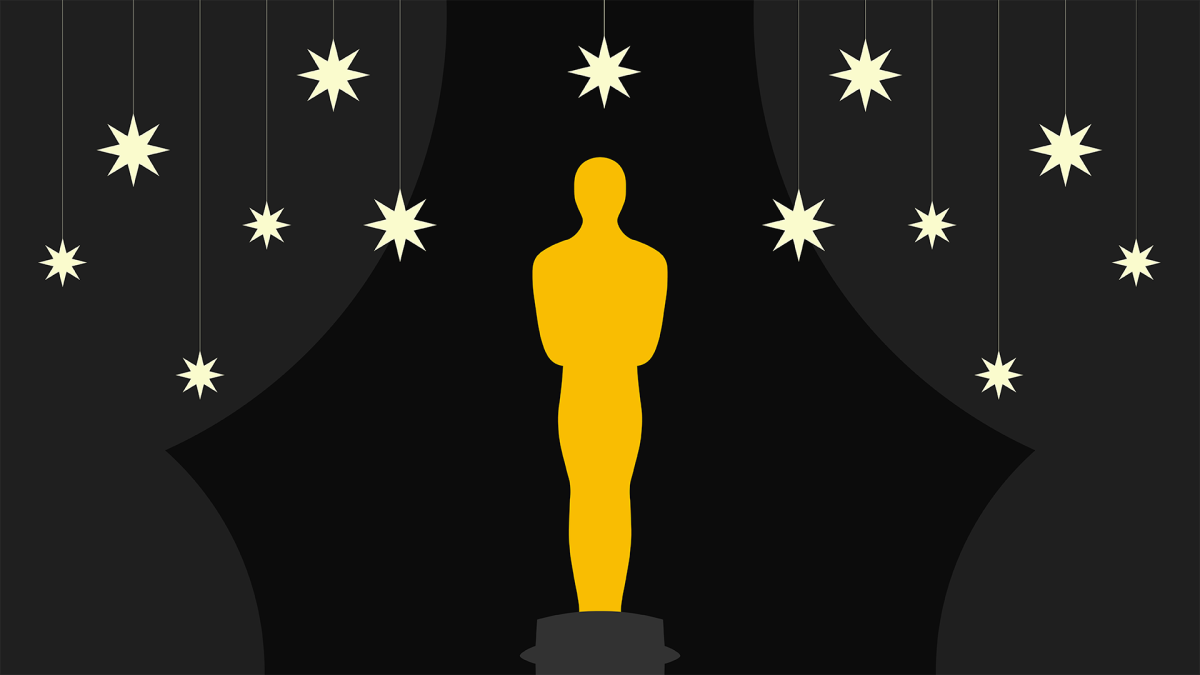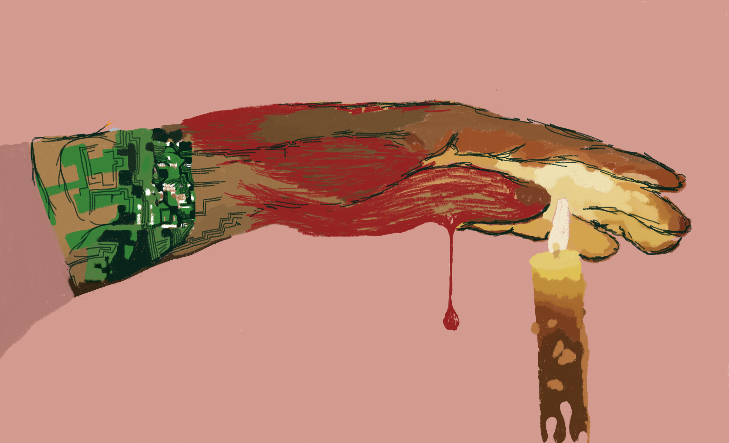“What would I do without you? Go back to ripping off mob dealers? No, no. No, you. You complete me.”
Despite the endless amount of dialogue incessantly and carelessly spewed at me during my time watching “Joker: Folie à Deux,” I could only think of that line as I walked out of the movie theater.
That’s right. A line from a different movie, with a much different Joker.
Heath Ledger’s near-perfect interpretation of the character in “The Dark Knight Rises” was the only thing on my mind after watching Joaquin Phoenix’s second stint as the iconic Clown Prince of Crime.
That’s because Ledger and his director, Christopher Nolan, nailed a comic-accurate portrayal of the Joker. Phillips and Phoenix, on the other hand, did not.
Don’t get me wrong, Phoenix doesn’t skip a beat from his Oscar-winning performance in the 2019 Best Picture nominee. This one’s on Todd Phillips, and arguably the more liable culprit, Warner Brothers.
The cat’s out of the bag. It’s no secret that “Joker: Folie a Deux” was not good. I’m not here to join the dogpile on some of the most hated parts of the movie, including but not limited to one-too-many unengaging musical sets, a lackluster ending and the most disturbing sex scene I’ve ever seen in a movie. However, I am here to dogpile on why an aimless sequel entirely strays away from what makes the Joker such a compelling comic book icon.
I bring up Ledger and his iconic line because he and Nolan got the Joker right. Their actor-director pairing made me remember why Joker is such a spectacle — both on a comic strip and the big screen.
For as long as he’s graced the pages of DC comic books, Joker has been the ultimate antithesis of Batman. With every chaotic plot and scheme the Joker has up his sleeve to prove Batman wrong comes to an equal and opposite act of unwavering and disciplined heroism from the Caped Crusader.
Joker fundamentally believes he and Batman are caught in this eternal struggle. As long as the Dark Knight refuses to kill him, the Joker will be around the next dark, crime-ridden alley, hell-bent on forcing Batman to play his games and prove him wrong.
Joker isn’t Joker without someone to play a joke on. That’s what Phillips doesn’t understand, and it’s why “Joker: Folie à Deux” was doomed from the start.
Phillips entirely abandons what defines Joker as the character he is. I do think the first movie works as an origin story. It sets up Arthur Fleck’s version of the titular character as the product of a society that abandons him at every turn, what he sees as a cruel joke. It’s an interesting and compelling version of his origins. However, the first movie left no real room for a sequel, especially in a world where Bruce Wayne was still just a child.
Fast forward to the 2024 flick, where “Joker: Folie à Deux” is intended as a deeper character study into Fleck’s psyche. However, it has no real purpose. In contrast to the first film, it has nothing to say and, even worse, turns its back on its original premise.
By the end of the sequel, Fleck admits there is no Joker — the character was just that, a character. Joker was just a figment of Fleck’s twisted imagination. In this movie, Joker shrinks. Fleck gives up. He’s portrayed as aimless, which ultimately makes for an aimless movie.
It’s a betrayal of what makes Joker so special.
To add insult to injury, Joker has so little agency that his so-called allies have more autonomy and influence on his psyche than himself. It felt like Fleck was reacting in response to Lady Gaga’s Harley Quinn, who represented another stab in the back of a comic book character.
Traditionally, it’s the other way around. Joker pushes Harley Quinn around in the comics, which is what makes her eventual abandonment as Joker’s partner-in-crime so compelling. However, Phillips uses Quinn as a force to push Fleck toward the direction of the Joker, the opposite of intrinsic character traits traditionally possessed by the two characters. This results in Fleck being reduced to a conflicted, meandering character searching for and wondering who he really is.
The real Joker knows exactly who he is.
In reality, Joker is not psychotic, he’s not uncertain nor conflicted. Joker is conniving. He’s calculated. He’s prideful. He carefully constructs elaborate schemes to challenge the most important person in his life, Batman. Most of all, he’s proud and fully committed to being the Joker. There’s no delineation between the human behind Joker and the whimsical yet terrifying persona he prides himself on being.
Without a central antagonist, Phillips leaves the character with no one to bounce off of, no one to play a joke on. So why make a movie at all?
That’s a question for Warner Brothers, who likely greenlit the project after the rousing success of the first movie. However, with no obvious plan and a fundamental misunderstanding of the character, the only joke that was played this fall was on audiences across America.


